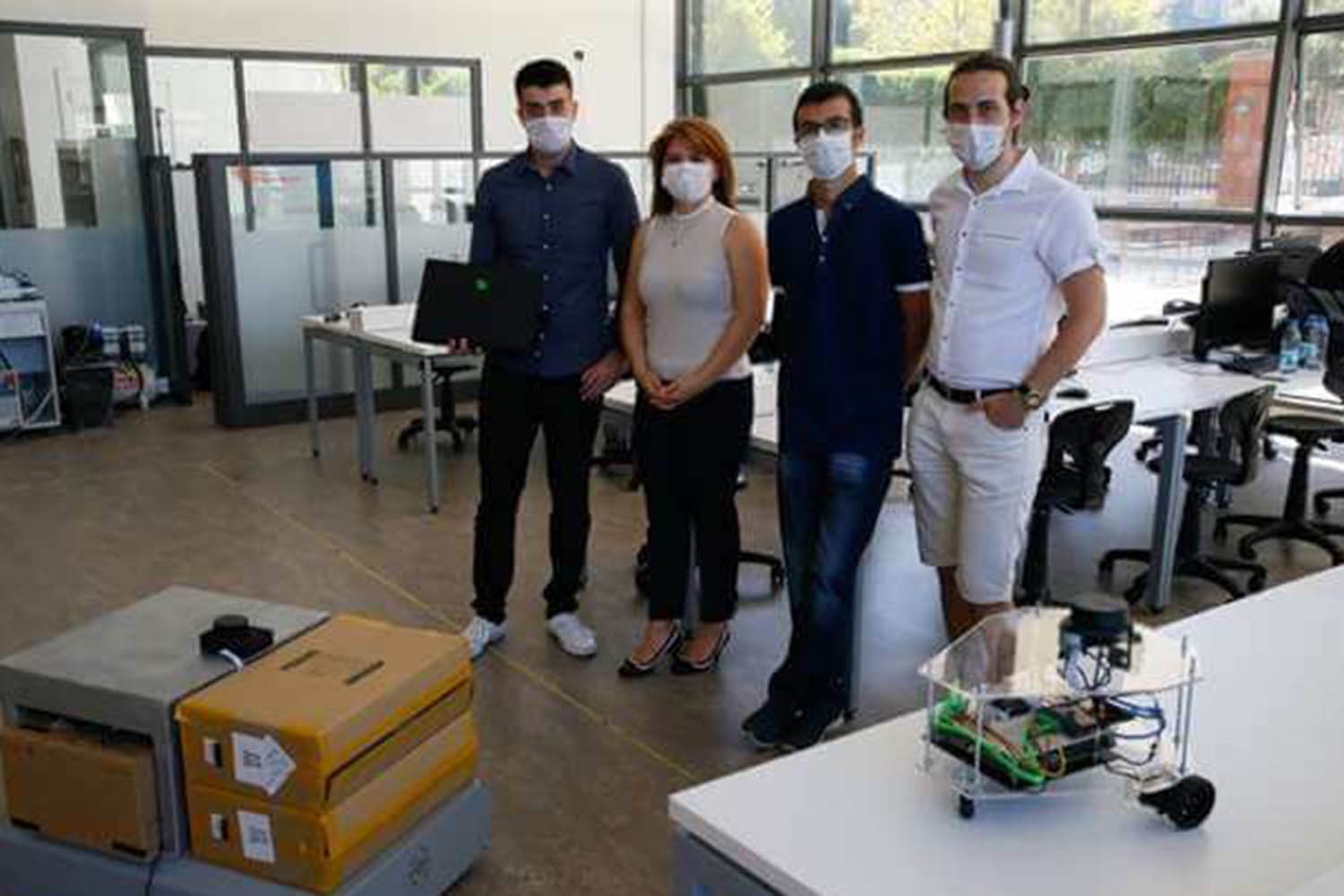
TÜBİTAK 2209-B Support for FENG498 Final Project
Our students from the Department of Mechatronics Engineering at Izmir University of Economics, Ali Gül, Damla Köleli, Sude Kurt, Cem ...

TÜBİTAK 2209-B Support for Mechatronics Engineering Students
Among the projects eligible for support under the TÜBİTAK 2209-B – University Students Industry-Oriented Research Projects Support Program, the study ...

Self-routing autonomous robots by IUE engineers
An autonomous robot that can re-route using artificial intelligence, when it encounters an obstacle, has been developed with the project ...





